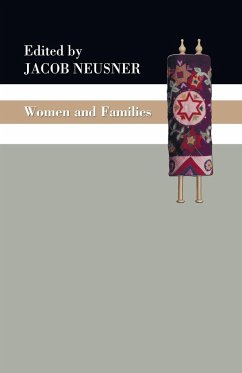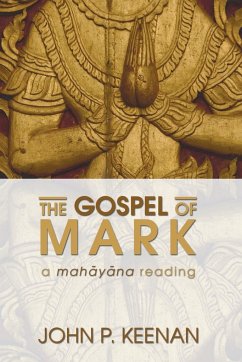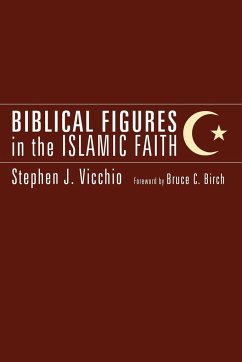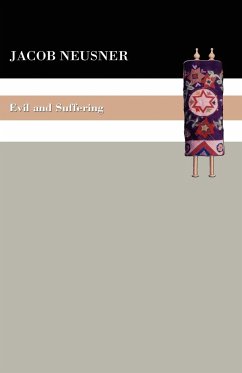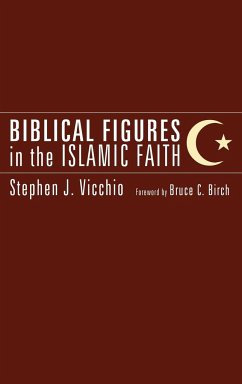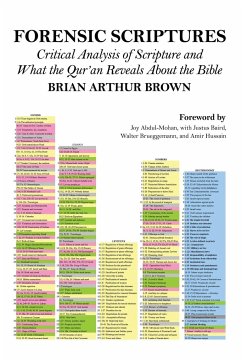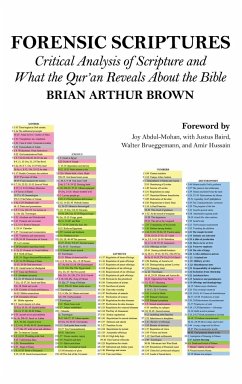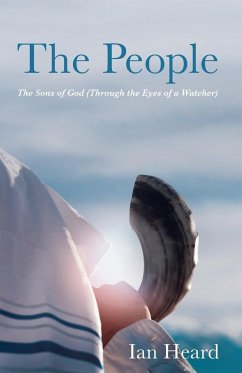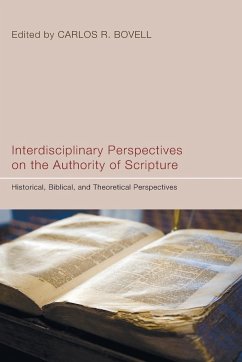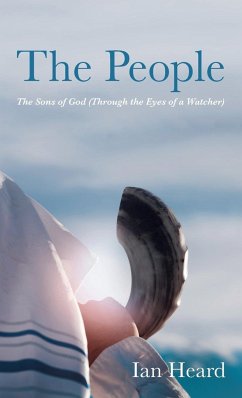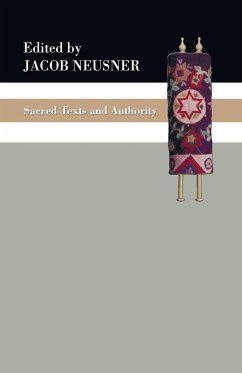
Sacred Texts and Authority
Versandkostenfrei!
Versandfertig in 1-2 Wochen
20,99 €
inkl. MwSt.

PAYBACK Punkte
10 °P sammeln!
A man takes the Qur'an in his hand, carefully pronouncing each syllable of Arabic, repeating the language of Allah. A family gathers together to read the story of Christ's passion. A young nun pores over the sutras, searching for an answer. Sacred Texts and Authority probes what five great world religions mean by the term ""sacred text."" For many religions a text might include a person or drama or dance--as much as a document--informing teachings that will be remembered through the passage of time. How are such texts related to authoritative teachings? What sorts of claims does a traditional ...
A man takes the Qur'an in his hand, carefully pronouncing each syllable of Arabic, repeating the language of Allah. A family gathers together to read the story of Christ's passion. A young nun pores over the sutras, searching for an answer. Sacred Texts and Authority probes what five great world religions mean by the term ""sacred text."" For many religions a text might include a person or drama or dance--as much as a document--informing teachings that will be remembered through the passage of time. How are such texts related to authoritative teachings? What sorts of claims does a traditional authority hold on current believers and seekers? These insightful questions are answered by authorities on each tradition.



